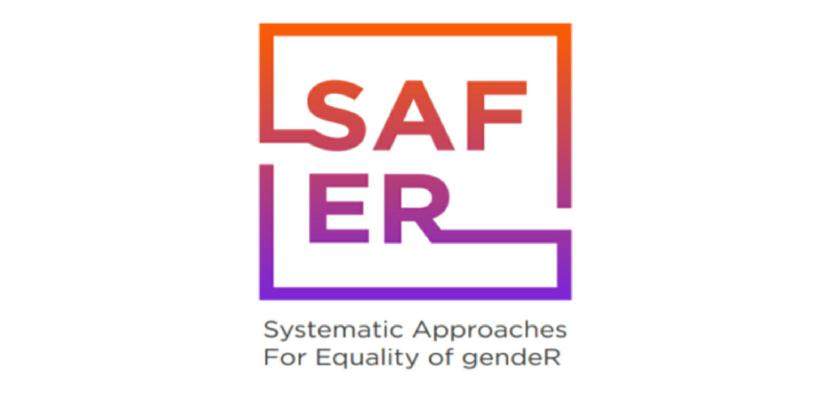SAFER
Systematic Approaches For Equality of gender
Overview and Objectives
Gender-based violence is “any act of violence that results in, or is likely to result in, physical, sexual or mental harm or suffering to women, including threats of such acts, coercion or arbitrary deprivation of liberty, whether occurring in public or in private life” (United Nations). The issue of gender-based violence is one which demands considerable attention in an Irish context due to the high number of instances which occur on a yearly basis.
A SAFE Ireland report (2015) offered clear insight into the widespread presence of the issue, with 1 in 4 women in Ireland disclosing that they had been subjected to severe physical violence from a male partner, an increase of 10% across a 10 year period (Watson & Parsons, 2005). Another worrying finding from the report revealed that 79% of these violent incidents remain unreported to relevant authorities, families, friends or any other individual, indicating a tendency for these women to suffer in silence.
The SAFER Project set out to address this issue through an innovative training programme, aimed at primary school teachers and students, which will raise awareness and educate people on gender equality, healthy relationships, and respect. The training programme will help to change attitudes, and influence behaviours in order to prevent violence based on gender, while encouraging reporting and the protection of those affected.
The project objectives were:
- To develop, test and publish an innovative program for school teachers, students, and parents to raise awareness of gender-based violence.
- To create an educational tool on gender-based violence that will be provided to school teachers, allowing them to raise awareness, encourage reporting, and combat gender-based violence.
- To enrich primary school teachers’ personal and professional development so as to be able to better support their students.
- To create and publish the educational tools and strategies in a widely available online format.
Activities/Outputs
Safer research involved both quantitative and qualitative methods. Quantitative analyses were conducted to explore attitudes and reactions to gender-based violence (GBV) amongst teachers and children, whilst qualitative analyses provided in-depth and culturally sensitive insights into key stakeholders’ beliefs, attitudes, and motivations. The research aimed to explore key attitudes towards, and experiences of, GBV in order to develop culturally sensitive training package materials. Using the research findings, a training platform for teachers was developed.
Impact
The project outputs raise awareness among primary school teachers, students, parents and relevant stakeholders regarding challenges which exist in modern society in relation to gender stereotypes and inequality, with a view to reducing and, ultimately, preventing GBV. SAFER’s target is to firstly train teachers and educators and create a knowledge pool of classroom material available to them online, so they can impart their knowledge with elementary students (ages 6-12). Furthermore, educators that will follow SAFER’s instructions and activities will be in a position to foster a secure environment in the classroom, where students will feel comfortable and safe to express their feelings, opinions and concerns whilst feeling accepted and supported. Such an environment will encourage students to report any possible gender-based violence cases or defend, if needed, a peer when put in a relevant situation.
Partners
The project team involves institutions across six European countries including: The Association for the Prevention and Handling of Violence in the Family (Cyprus); Vilnius University (Lithuania); The Institute of Development Ltd (Cyprus); GrantXpert Ltd (Cyprus); CESIE (Italy); Hellenic Association of Positive Psychology (Greece); YouAct (United Kingdom); and ICEP Europe (Ireland).
Funding
The project is funded under the European Justice Programme initiative.


-
Project Duration
2016-2018
-
Email for Project Contact
Mr Stephen Smith (Senior Research Officer, ICEP Europe)
[email protected]
-
Project Website:
-
Access the SAFER Training Materials:





